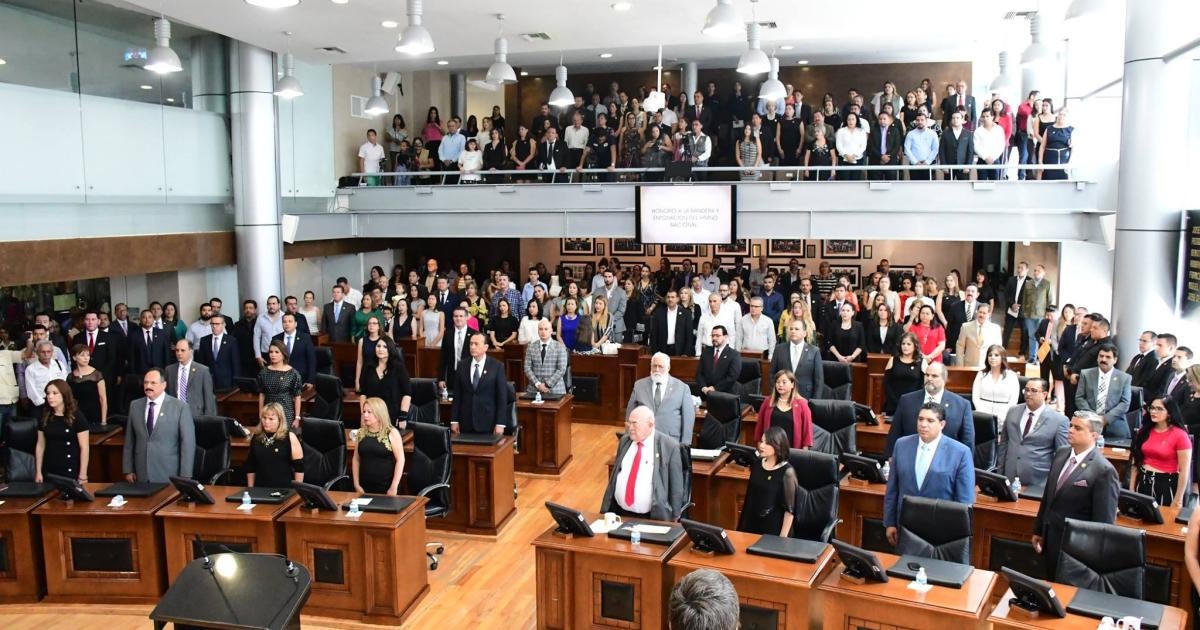by Claudia Diaz, Intern, Disability Rights Division
Manuel (a pseudonym) is a 27-year-old man with a mental health condition living in Chihuahua state, Mexico. Because of his condition coupled with a lack of support for employment and stigma, he needs to use a government pension to pay for his daily living costs and medical treatment. But under current law, to receive his pension, Manuel must surrender his decision-making powers and be placed under guardianship.
Chihuahua’s pensions law currently requires people with mental health conditions to judicially certify they are incapable and use a guardian. Under guardianship, another person, such as a family member, is designated to make decisions on someone’s behalf, including any legal transactions. Guardianship laws and similar legislation strip people with disabilities of their legal capacity and foster their exclusion and isolation by adding barriers and obstacles to the enjoyment of their rights. Such legislation is all too common across Mexico.
International law defines disability as the result of legal and social barriers that prevent people with long-term impairments from participating equally in society.
Guardianship is just one of those legal barriers. Instead of protecting people with disabilities, guardianship limits their ability to participate in society. Employers are unlikely to hire someone under guardianship, which prevents an individual from even signing an employment contract on their own.
Mexico should take effective and appropriate measures to ensure people with disabilities can fully enjoy their basic rights. A bill proposed last week to eliminate guardianship, and current discussions at the Federal Congress to adopt a national civil procedure code to establish full legal capacity for everyone, are key to dismantling Mexico’s disabling legal system. Mexico should follow these actions with a comprehensive review of the country’s legislative frameworks at all levels to remove any provision restricting legal capacity, like Chihuahua’s pensions law or, at the national level, the Social Security Act, which similarly forces people with disabilities into a guardianship procedure to access pensions.
All levels of the Mexican government should strive for uniformity in their use of law to improve, not hinder people’s lives.



